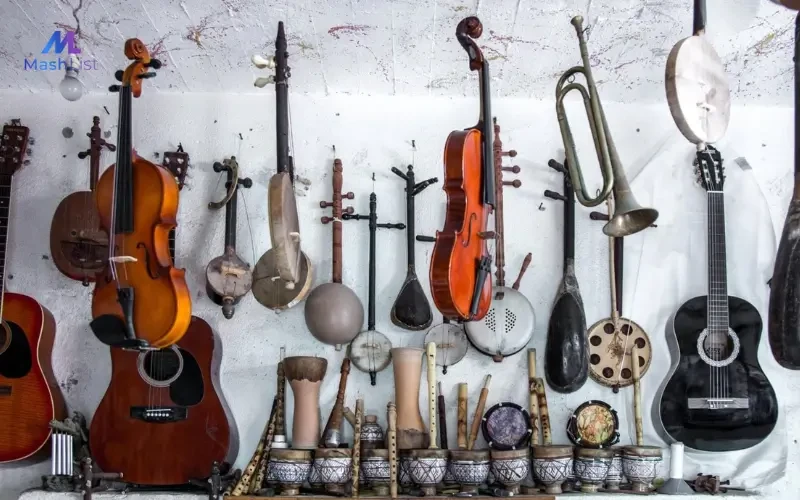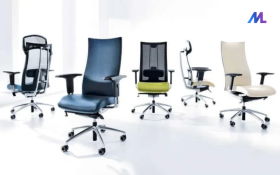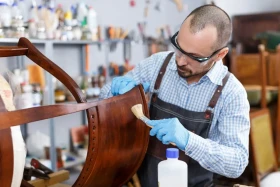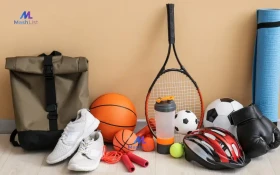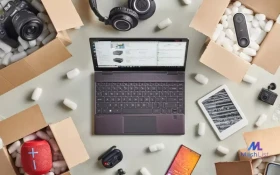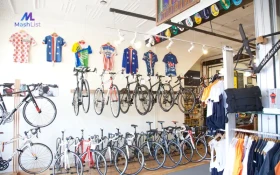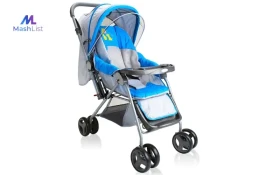Top Tips for Buying Second-Hand Musical Instruments
Buying a musical instrument is an exciting thing, but it's also costly. Second-hand instruments are cheap, and they are almost always as good as new instruments. If you know where to look, you can obtain quality instruments with ease and comfort. However, purchasing used instruments does require some research and care. In this blog, we will provide you with top tips to make the right decision when buying second-hand musical instruments.
Why Buy Second-Hand Musical Instruments?
The second-hand instruments can save you a lot of money. It is also cheap to start without spending a lot of money, as it is affordable to beginners. Even professionals use used instruments in some cases due to the quality of work and sound of older versions. Furthermore, second-hand instruments can be obtained online, locally, and from other musicians. A few tips can lead to safe purchases and also great value.
Things to Inspect Before Purchasing Used Instruments
Always check the instrument carefully before purchase. Each instrument has its own points to check, but there are some checks that are common to all.
Condition of the body: It is good to look for cracks, dents, or heavy wear.
Sound quality: For comfort, it is best to test the instrument to ensure that they are clear.
Parts and accessories: Ensure functional parts, such as strings, keys or valves, are operational.
Brand and model: Research to see if there is a good reputation for the brand.
Price comparison: Compare the average price online and avoid paying more.
Doing these checks helps you avoid expensive repairs in the future.
How to Safely Buy Used Musical Instruments
There are a few extra steps to take when buying used instruments. Whether you purchase from a store or online, it's important to remember the following:
Buy from reputable sellers: Look for reliable music stores, reputable online platforms such as Mash List, or other musicians with positive reviews.
Enquire about return policies: A return policy can provide comfort in case you see issues after the purchase.
Test before you buy: If possible, play the instrument or check out a demo video.
Secure payments: Use secure payment methods rather than cash when shopping online.
These things help minimize the chance of scams while ensuring that you receive your purchase.
Common Problems To Check in Different Instruments
|
Instrument |
Key Checks |
Common Problems |
Repair Cost (USD) |
|
Guitar |
Neck, frets, pegs |
Warped neck, loose pegs |
$30 – $110 |
|
Piano/Keys |
Keys, pedals, sound |
Sticking keys, pedal issues |
$55 – $190 |
|
Violin |
Body, bow, pegs |
Cracks, broken bow |
$40 – $135 |
|
Drums |
Heads, stands, cymbals |
Torn heads, rust |
$55 – $165 |
|
Wind Inst. |
Valves, pads, mouthpiece |
Air leaks, sticky valves |
$40 – $220 |
Affordable Second-Hand Musical Instruments Online
The Internet makes second-hand instruments easy to find. Many websites and markets have a large variety. You can search for the best price, read reviews and even contact the sellers. Some websites also provide buyer protection, so it is safer to shop online. When shopping online:
Check for sellers with good ratings.
Ask for close-up photos and videos.
Compare prices across platforms.
Avoid deals that look too good to be true..
Online shopping can be cheap, but only if you use reputable sources.
Popular Places to Buy Used Instruments
|
Platform/Store |
Instruments |
Safety Features |
Price Range (USD) |
|
Guitars, drums, keys |
Verified sellers |
$40 – $820 |
|
|
Facebook Marketplace |
Mixed range |
Seller profiles |
$25 – $1,360 |
|
Thomann Used Gear |
Pro gear |
Warranty options |
$135 – $2,180 |
|
Local Music Shops |
Common types |
Test before buying |
$55 – $1,635 |
|
eBay |
Wide variety |
Buyer protection |
$55 – $1,905 |
While these platforms offer budget-friendly options, it's essential to use secure payment methods and verify seller reputation before making a purchase.
Maintenance Tips After Buying
If you are buying a second-hand musical instrument, maintenance becomes an important thing. When it is well taken care of, it stays in good condition and can last for a long time.
-
Clean the instrument after each use.
-
Keep it in a proper case to avoid dust and damage.
-
Cleaning strings, reeds, or drum heads frequently
-
Have it serviced by a professional if necessary
This keeps your second-hand musical instruments in great shape.
Final Thoughts
Buying second-hand musical instruments is a cost-effective method to acquire quality gear while saving money. You will make a safe purchase with the right knowledge. The instrument should always be checked, purchased from trusted sellers and the cost of repairing should be considered. It has become more straightforward to get great deals online than ever before. Moreover, it is good to put your security first. With these best tips in mind, you are assured of making the right choice of instrument without incurring unnecessary expenses.
